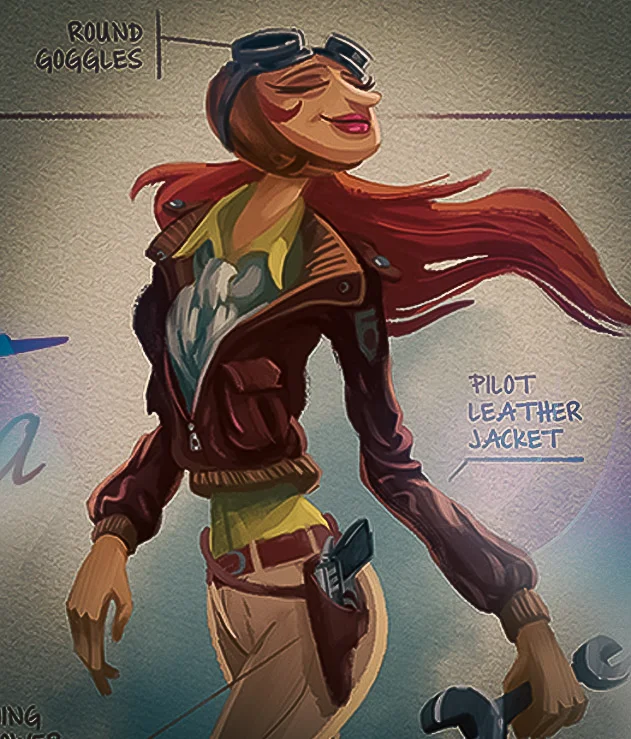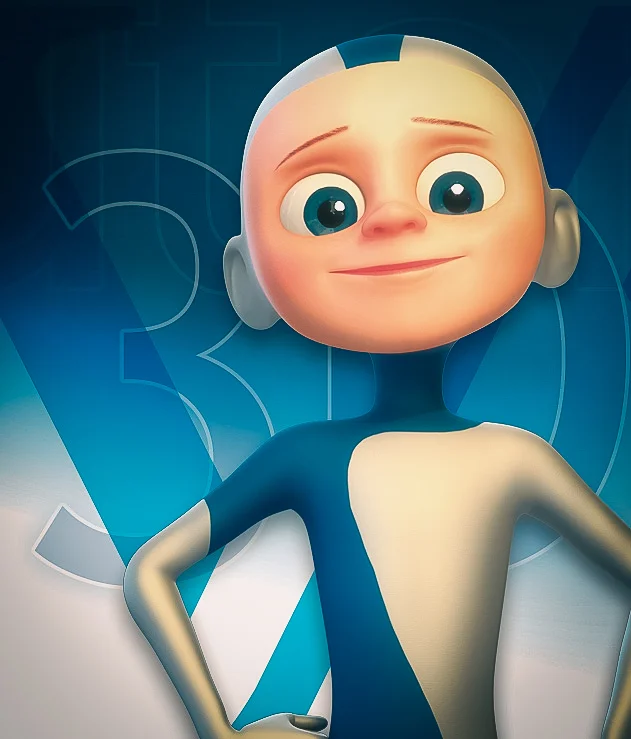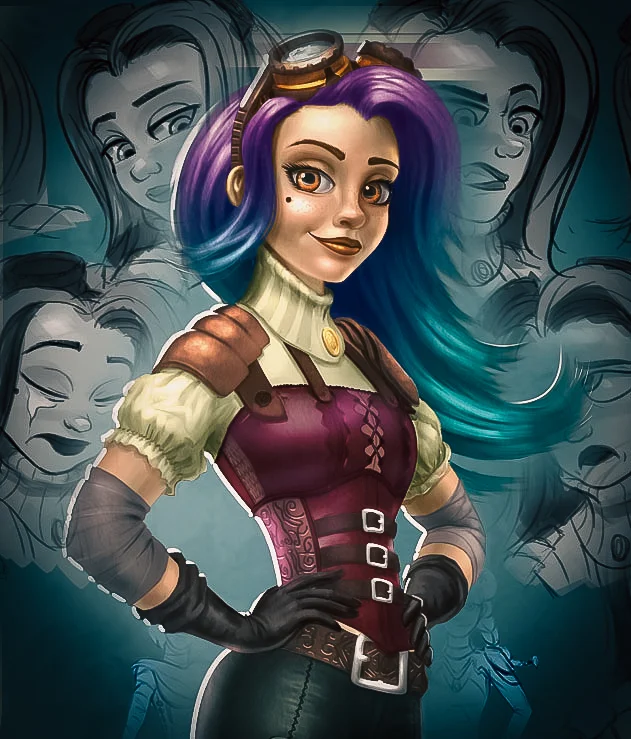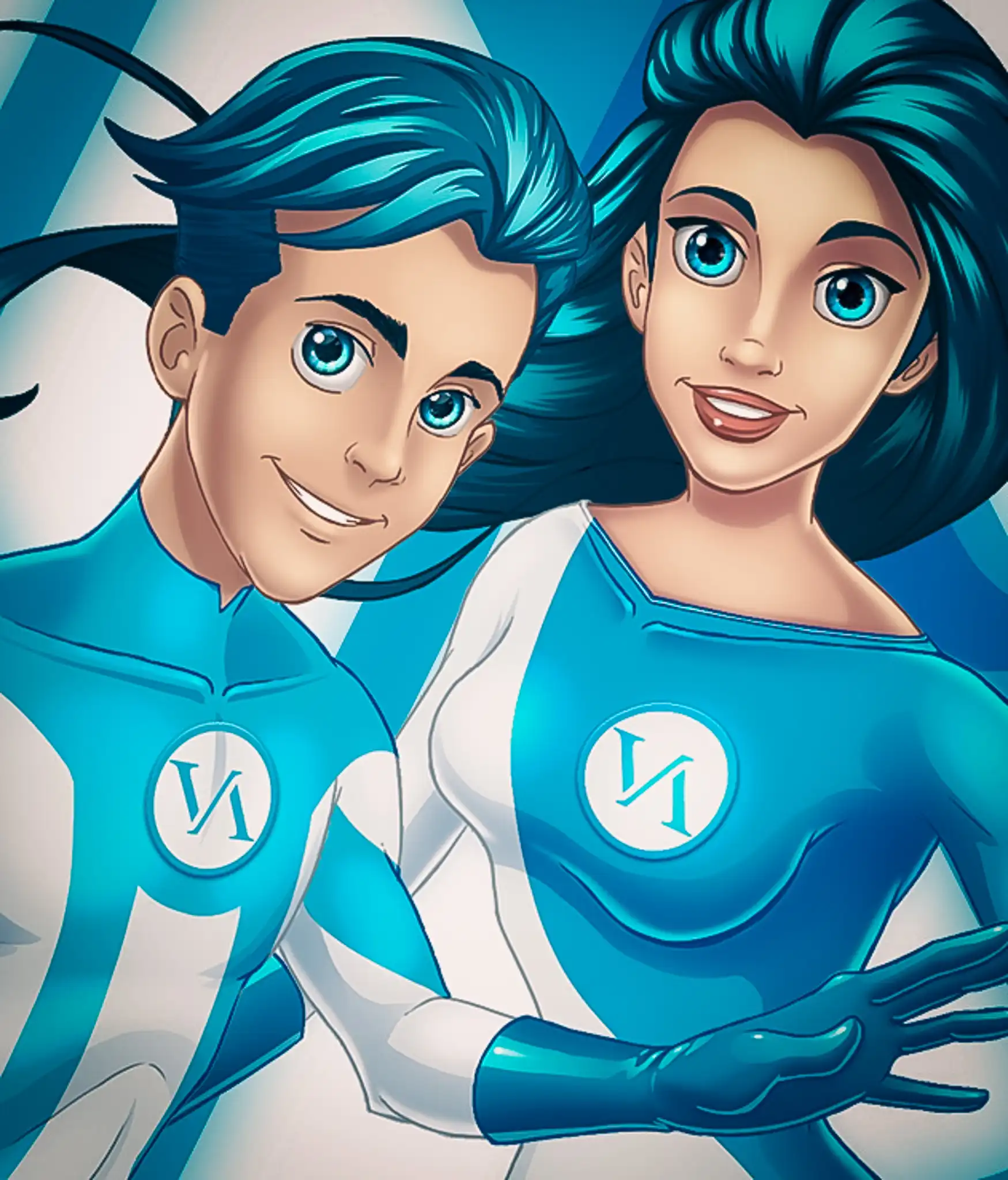 Image: Artesouro (Motion Array)
Image: Artesouro (Motion Array)
Author: VANAS
Why Video Game Actors Go on Strike?
Video Game Actors Stand Up for Fair AI Practices
In an period where artificial intelligence (AI) continues to revolutionize various industries, the video game sector finds itself at a crossroads. The integration of AI in video games has enhanced player experiences, offering more dynamic and realistic gameplay. However, as technology advances, so do the concerns surrounding its ethical use, particularly when it comes to the rights and protections of those who contribute their talents to these digital realms.
Recently, video game actors have taken a bold stand to ensure that the use of AI respects their contributions and compensates them fairly, highlighting the importance of ethical practices in the rapidly evolving industry.
VANAS Online Animation School offers programs in Animation, Visual Effects, and Video Games to launch your career. Click here VANAS to launch your career.
The Growing Influence of AI in Video Games
AI has become a cornerstone of modern video games, driving advancements that were once thought to be the stuff of science fiction. From creating intelligent non-playable characters (NPCs) that react dynamically to player actions, to generating vast, immersive worlds that adapt in real-time, AI is pushing the boundaries of what video games can achieve.
These advancements have made games more engaging and lifelike, attracting millions of players worldwide.
However, the very technologies that enhance gameplay also pose significant risks to the professionals behind the scenes. Video game actors, who lend their voices and physical performances to bring characters to life, face potential exploitation as AI becomes more capable of replicating their work without adequate compensation or consent.
The Strike: A Stand for Ethical AI Practices
The recent strike initiated by Hollywood performers, represented by the Screen Actors Guild-American Federation of Television and Radio Artists (SAG-AFTRA), marks a pivotal moment in the industry. The strike, which includes major players like Activision, Warner Bros, and Walt Disney, centers around the use of AI and its implications for job security and fair compensation.
SAG-AFTRA represents approximately 160,000 media professionals worldwide.
For over a year and a half, SAG-AFTRA has been in negotiations with video game companies to secure a new contract that addresses these concerns. While progress has been made on several fronts, such as wages and job safety, the issue of AI protections remains unresolved. The union's primary concern is the potential for AI to reproduce performers' voices and physical appearances without proper consent or compensation, effectively undermining their contributions and livelihoods.
Key Issues at Stake
- Consent and Compensation: At the heart of the strike is the demand for clear and enforceable language in contracts that ensures performers' consent is obtained before their likenesses are used by AI. Additionally, they seek fair compensation for any AI-generated reproductions of their work.
- Job Security: Performers are concerned about the long-term implications of AI on their job security. As AI technology advances, there is a risk that studios might rely more on AI-generated performances, reducing the demand for human actors.
- Ethical Use of AI: The strike also highlights the broader ethical considerations of AI use in the entertainment industry. By standing up for their rights, video game actors are advocating for responsible AI practices that respect the value of human creativity and talent.
The Industry Response
The response from the video game studios has been mixed. While some studios acknowledge the validity of the performers' concerns and express a willingness to address them, others believe they have already made sufficient concessions. According to Audrey Cooling, a spokesperson for the 10 video game producers negotiating with SAG-AFTRA, their offer includes meaningful AI protections that require consent and fair compensation for performers.
Despite these assurances, the union remains firm in its stance, emphasizing the need for more explicit and enforceable language in contracts. This insistence reflects a broader movement within the entertainment industry to safeguard against the potential misuse of AI, ensuring that technological advancements do not come at the expense of human contributors.
A Broader Impact on the Industry
The implications of this strike extend beyond the video game industry. Last year, a similar strike by TV and film actors resulted in significant gains, including $1 billion in new pay and benefits and safeguards on the use of AI. This action, which lasted 118 days, was the longest in the union's history and had a profound impact on the industry, costing California's economy more than $6.5 billion.
By taking a stand, video game actors are not only advocating for their own rights but also setting a precedent for other sectors facing similar challenges.
The outcome of these negotiations could influence future discussions on the ethical use of AI across various industries, reinforcing the importance of fair practices and protections for all workers.
Moving Forward
As the strike continues, it is crucial for both sides to work towards a resolution that balances technological innovation with the rights and protections of performers. Achieving this balance will require ongoing dialogue, transparency, and a commitment to ethical practices that prioritize the well-being of human contributors.
For video game actors, this moment represents an opportunity to shape the future of their industry, ensuring that their voices are heard and valued in the age of AI. By standing up for fair AI practices, they are not only protecting their own interests but also advocating for a more equitable and ethical use of technology that benefits everyone involved.
Frequently Asked Questions (FAQs)
Why are video game actors going on strike?
- Video game actors, represented by SAG-AFTRA, are striking to secure protections related to the use of AI. They are concerned that AI could be used to reproduce their voices and physical appearances without proper consent or fair compensation, potentially undermining their job security and contributions.
What are the main demands of the striking actors?
- The main demands include clear and enforceable contract language that ensures performers' consent is obtained before their likenesses are used by AI, as well as fair compensation for any AI-generated reproductions of their work.
How has the video game industry responded to the strike?
- Responses have been mixed. Some studios acknowledge the performers' concerns and express a willingness to address them, while others believe they have already made sufficient concessions. The negotiations are ongoing, with both sides seeking a resolution.
What are the broader implications of this strike for the entertainment industry?
- The strike sets a precedent for other sectors facing similar challenges with AI. It highlights the importance of ethical AI practices and could influence future discussions on the use of AI in various industries, reinforcing the need for fair practices and protections for all workers.
What can be done to ensure ethical AI practices in the video game industry?
- Ensuring ethical AI practices will require ongoing dialogue, transparency, and a commitment to fair practices that prioritize the well-being of human contributors. This includes securing clear and enforceable contract language, obtaining consent, and providing fair compensation for AI-generated reproductions of performers' work.
Key Takeaways
- The strike by video game actors highlights the need for ethical AI practices that respect the contributions and rights of performers.
- Key issues include securing consent and fair compensation for AI-generated reproductions, as well as protecting job security in the face of advancing technology.
- The response from the video game industry has been mixed, with ongoing negotiations seeking a resolution.
- The strike sets a precedent for other industries, emphasizing the importance of fair practices and protections for all workers in the age of AI.
- Achieving a balance between technological innovation and the rights of human contributors will require ongoing dialogue and a commitment to ethical practices.
VANAS Online Animation School offers programs in Animation, Visual Effects, and Video Games to launch your career. Click here VANAS to launch your career.
By standing up for fair AI practices, video game actors are not only protecting their own interests but also advocating for a more equitable and ethical use of technology. This moment represents a pivotal opportunity to shape the future of the industry, ensuring that technological advancements benefit everyone involved.







